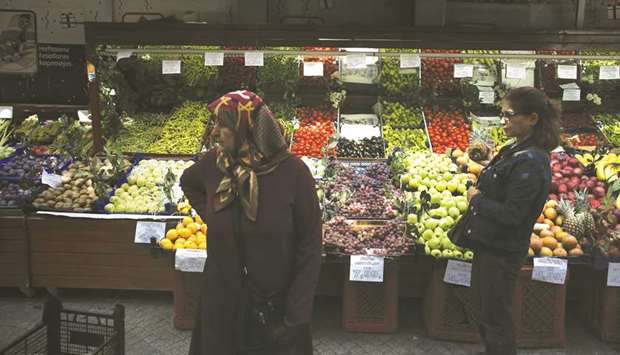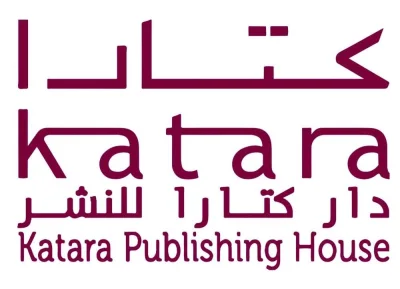Turkey’s annual inflation rate fell slightly more than expected to 15.01% in August, data showed yesterday, resuming its downward trend and likely paving the way for another interest rate cut as soon as next week.
The data boosted the lira and marked another positive surprise after figures on Monday showed Turkey’s economy shrank less than expected in the last quarter.
Apart from a brief rise in July, annual inflation has been generally falling after hitting a 15-year high above 25% last October in the wake of Turkey’s currency crisis.
Consumer price inflation eased in August from 16.65% in July to hit its lowest year-over-year reading since May last year. It was below a Reuters poll forecast of 15.51.
Month-on-month, consumer inflation stood at 0.86% in August, also less than a poll forecast of 1.3%, data from the Turkish Statistical Institute (TUIK) also showed.
The Turkish lira traded at 5.7745 against the US dollar at 1024 GMT, its strongest in a week, up from 5.8170 before the data.
The recent easing of inflation allowed the central bank to cut interest rates in July for the first time in more than four years, and by a hefty 425 basis points.
Analysts said the positive surprises in August would lead to more monetary easing.
“The expected continuation of the decline in inflation in the coming months gives the central bank room for future rate cuts,” said Muammer Komurcuoglu, economist at Is Invest.
“Unless there is an upward surprise on the exchange rate before the (policy) meeting, we expect a 250 basis points cut in the policy rate at the September meeting,” he said.
The central bank will hold its next policy meeting on September 12.
The bank slashed its key rate to 19.75% in July, leaving Turkey with a still relatively high real interest rate, and has tied further cuts to further easing in inflation.
Central bank governor Murat Uysal has said there is “considerable” room for manoeuvre on policy as the bank forecasts 13.9% inflation by the end of the year, and 8.2% at the end of 2020.
Turkey’s dollar bonds rose after the inflation data, with longer-dated maturities logging the most gains, including the 2045 issue rising 1.3 cents.
But a string of better-than-expected data in recent months, including lower inflation than forecast in four of the last five months, has led to criticism by the main opposition party, the Republican People’s Party.
It filed a motion in parliament in June claiming a TUIK methodology adjustment damaged credibility.
Yesterday, Republican People’s Party spokesman Faik Oztrak said on Twitter that “despite all the price hikes” monthly CPI was only 0.86%.
TUIK has said suggestions that the data is incorrect or politically influenced are untrue.

Handwritten price signs sit beside displays of fresh fruit for sale at a market stall in the Gungoren district of Istanbul (file). Apart from a brief rise in July, annual inflation has been generally falling after hitting a 15-year high above 25% last October.


